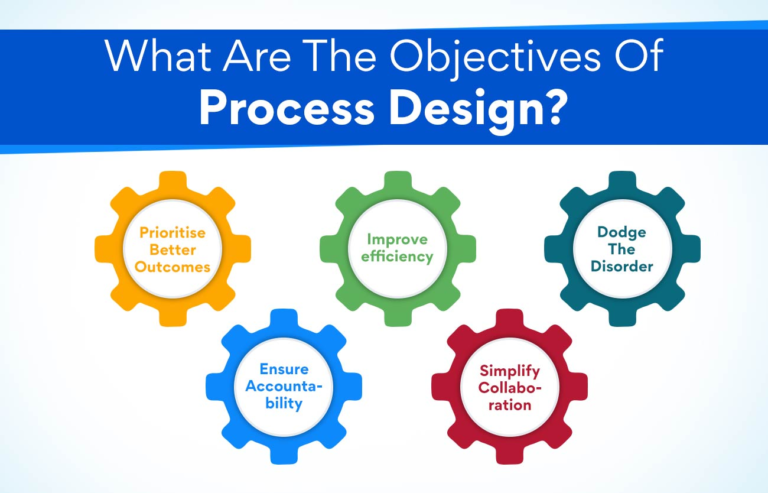Psychological Services: Understanding the Benefits and How to Access Them
Psychological services are an essential aspect of healthcare that focuses on the mental and emotional well-being of individuals. These services encompass a wide range of interventions and treatments that aim to address various mental health conditions, including anxiety, depression, and trauma. Psychological services can be provided in various settings, such as hospitals, clinics, and private practices, and can be delivered by different mental health professionals, including psychologists, psychiatrists, and social workers.
One of the primary goals of psychological services is to help individuals better understand and manage their emotions, thoughts, and behaviors. This can be achieved through various therapeutic approaches, such as cognitive-behavioral therapy, psychodynamic therapy, and interpersonal therapy. Psychological services may also involve medication management, which is typically provided by a psychiatrist. Additionally, effective Medicare member engagement can enhance the overall experience and outcomes of these psychological services, ensuring that patients receive comprehensive and personalized care.
Psychological services are not only beneficial for individuals who are experiencing mental health conditions but can also be useful for those who are looking to improve their overall well-being and quality of life. By addressing underlying mental health concerns, individuals can learn coping skills, improve their relationships, and enhance their overall sense of self. Psychological services are an essential component of comprehensive healthcare and play a crucial role in promoting mental and emotional wellness. For those dealing with complex PTSD, psychological services provide critical support in managing symptoms and processing trauma.
Types of Psychological Services
Clinical Psychology
Clinical psychology is a branch of psychology that focuses on the assessment, diagnosis, and treatment of mental illness and emotional disorders. Clinical psychologists work with individuals, families, and groups to help them overcome a range of psychological issues such as depression, anxiety, and addiction. They use a variety of evidence-based therapies, including cognitive-behavioral therapy, psychoanalytic therapy, and humanistic therapy.
Counseling Psychology
Counseling psychology is a type of psychological service that focuses on helping individuals deal with a range of personal and interpersonal issues. Counseling psychologists work with clients to help them develop coping strategies, improve their communication skills, and enhance their overall well-being. They may work with individuals, couples, or families and use a variety of therapeutic approaches, such as cognitive-behavioral therapy, solution-focused therapy, and narrative therapy.
Educational Psychology
Educational psychology is a branch of psychology that focuses on the study of human learning and development. Educational psychologists work with students, teachers, and parents to help them improve academic performance, develop effective study habits, and enhance overall learning outcomes. They may also work with individuals who have learning disabilities or other special needs.
Forensic Psychology
Forensic psychology is a branch of psychology that applies psychological principles and techniques to legal issues. Forensic psychologists work with law enforcement agencies, attorneys, and courts to help investigate crimes, evaluate witnesses, and provide expert testimony in legal proceedings. They may also work with individuals who have been involved in traumatic events, such as victims of crime or abuse.
Health Psychology
Health psychology is a branch of psychology that focuses on the relationship between psychological factors and physical health. Health psychologists work with individuals to help them develop healthy behaviors, manage chronic illnesses, and cope with medical procedures. They may also work with healthcare providers to improve patient outcomes and enhance the overall quality of healthcare services.
Delivery of Psychological Services
Individual Therapy
Individual therapy is a type of psychological service that focuses on one-on-one sessions between the client and the therapist. During individual therapy, the therapist works with the client to identify and address their specific mental health concerns. This may involve discussing past experiences, exploring emotions, and developing coping strategies.
Group Therapy
Group therapy is a type of psychological service that involves multiple clients working together with a therapist. Group therapy can be an effective way to address a range of mental health concerns, as it allows clients to connect with others who may be experiencing similar challenges. During group therapy, clients may participate in activities and discussions that promote self-awareness and personal growth.
Telepsychology
Telepsychology is a type of psychological service that allows clients to receive therapy remotely, using video conferencing technology. This can be a convenient option for clients who may have difficulty attending in-person sessions, such as those who live in rural areas or have mobility issues. Telepsychology sessions are conducted in the same way as in-person sessions, with the therapist and client engaging in conversation and working together to address mental health concerns.
Community Outreach
Community outreach is a type of psychological service that involves working with community organizations and groups to provide education and support related to mental health. This may involve offering workshops or presentations on topics such as stress management, coping skills, and self-care. Community outreach can help to reduce stigma surrounding mental health and promote access to psychological services for those who may not otherwise seek them out.






